The International Paralympics Committee has banned Russian and Belarusian athletes from participating in the games on the eve of opening night in response to the growing tensions in the Athletes Village.
The IPC's decision, which came on Thursday, was a hard pivot from their previous announcement less than 24 hours earlier.
The original decision would have allowed Russians and Belarusians to compete as neutral athletes–with identifying colors, flags and other national symbols removed due to Russia's invasion of Ukraine last week.
The IPC Governing Board has decided to refuse the athlete entries from the RPC and NPC Belarus for the Beijing 2022 Paralympic Winter Games.https://www.paralympic.org/news/ipc-decline-athlete-entries-rpc-and-npc-belarus-beijing-2022\u00a0\u2026— Paralympic Games (@Paralympic Games) 1646291149
Following the announcement of the expelled athletes, IPC President Andrew Parsons said:
“The war has now come to these Games and behind the scenes many governments are having an influence on our cherished event."
"We were trying to protect the Games from war.”
Parsons had hoped the participants competing as neutral athletes would somehow ease the hostility in the Athletes Village.
But after opposing delegations threatened to boycott and withdraw from the games, the new decision was made.
The resentment aimed towards Russian and Belarusian participants was not exclusively coming from Ukrainian athletes but across the board.
“We don’t have reports of any specific incidents of aggression or anything like that," Parsons said, adding, “But it was a very, very volatile environment in the (Athletes) Village."
"It was a very rapid escalation which we did not think was going to happen."
"We did not think that entire delegations, or even teams within delegations, will withdraw, will boycott, will not participate."
People who were against the IPC's decision were countered by those who had more sympathy towards Ukrainian civilians.
Excuse me but are the Russians not punishing normal Ukrainian people for their perceived actions of their government in a far more extreme way?— Karen DoreyRees (@Karen DoreyRees) 1646295292
Wait...what about punishing peaceful and innocent people with devastating air raids?\n\nThey don't want to flee their country or fight in the war.— Christoph Reichwein (@Christoph Reichwein) 1646293119
Rubbish. To think they could compete is foolish. The decision should have been made sooner. Russian actions have consequences and although I feel sorry for these athletes. It is an untenable situation.— A.J (@A.J) 1646295483
Of course it's fair! The STRICTEST punishment has to be levelled at Russia! Of course it's not the athletes fault, but it's necessary. Hopefully it will encourage the citizens of Russia to protest against Putin.— Jackie Wallace (@Jackie Wallace) 1646297883
Russians would only have won with doping anyway, should have been banned for the doping,not just the war.the fact ROC have been allowed and there still doping going on ,just shows how soft we have been on Russia in far too many parts of life— RyanRedmond\ud83c\udff4\udb40\udc67\udb40\udc62\udb40\udc77\udb40\udc6c\udb40\udc73\udb40\udc7f\ud83c\udff3\ufe0f\u200d\ud83c\udf08\ud83c\uddf5\ud83c\uddf8FBPE/woke&proud (@RyanRedmond\ud83c\udff4\udb40\udc67\udb40\udc62\udb40\udc77\udb40\udc6c\udb40\udc73\udb40\udc7f\ud83c\udff3\ufe0f\u200d\ud83c\udf08\ud83c\uddf5\ud83c\uddf8FBPE/woke&proud) 1646296292
The first incident involved curlers from Latvia refusing to compete against the Russians in a scheduled group game.
IPC spokesman Craig Spence observed a sudden change in attitudes from athletes, administrators, and politicians, saying the general consensus was, “now we’re thinking of going home. We’re not playing.”
Spence added:
“That threatens the viability of this event. So that’s a huge change. The atmosphere in the Village is not pleasant."
As a consequence of the new directive, Parsons now fears legal action from the Russian Paralympic Committee and the Belarussian Paralympic Committee.
“But the facts that we express here led us to understand that this was the right decision to be taking," he said.
The Russian Paralympic Committee (RPC) has already criticized the IPC's decision, calling it “baseless” and “illegal.”
″(Russian athletes) have not done anything which could be interpreted as being involved in the current political complications," said the RPC.
Kremlin spokesman Dmitry Peskov called the decision a "disgrace," and said, "The situation is monstrous.”
“Yesterday one decision was taken and today they took another.”
But Parsons remained steadfast in the controversial decree and said, “No one is happy with the decision but certainly this is the best decision for the Paralympic Games to go ahead."
Many agreed.
Although I do feel bad for the athletes and all their preparations, part of me feels like maybe this will be a small wake-up to the people of Russia. To really make an impact the world should boycott it all together as China holds some responsibility for standing by Putin— Eric Schmidt (@Eric Schmidt) 1646315683
I really feel for the athletes but this had to happen. The Olympics, particularly the Paralympics are about unity and inclusion. Russia and Belarus are trying to achieve the exact opposite through the most heinous ways imaginable.— \ud83d\udc99 (@\ud83d\udc99) 1646292724
The Paralympics in Beijing–which follows the Winter Olympics–will close on March 13.
As to when the 71 Russians and 12 Belarusians will be sent home, it remains unclear–especially given China's very strict COVID-19 travel protocols.
On Monday, the International Olympic Committee advocated for sports organizations to ban Russian and Belarusian athletes from participating in international events. Ultimately, they left the final decision to individual governing bodies.
Several media outlets noted how slow the IOC has been in inflicting retribution for Russia by allowing its athletes to compete in the last four Olympics after the state-sponsored doping scandal and coverup at the Sochi Olympic Games in 2014.
Parsons addressed the banned athletes with a regretful message.
“To Para athletes from the impacted countries, we are very sorry that you are affected by the decisions your governments took last week in breaching the Olympic Truce," he said.
"You are victims of your governments’ actions.”

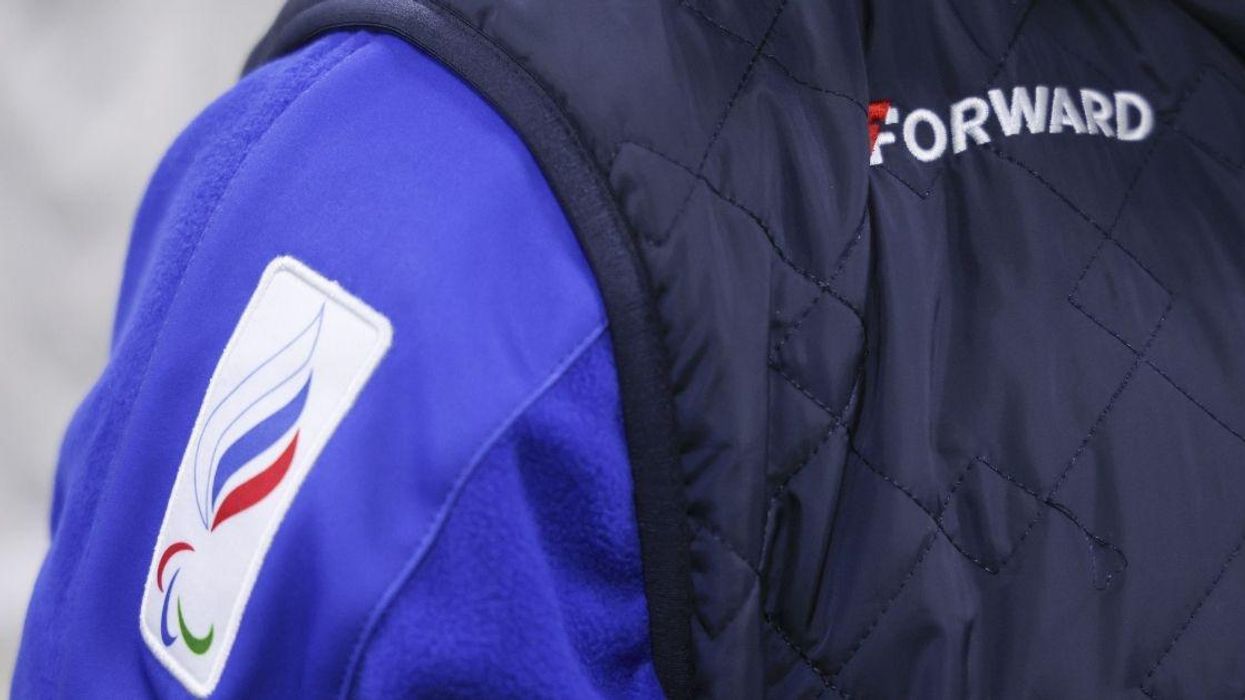



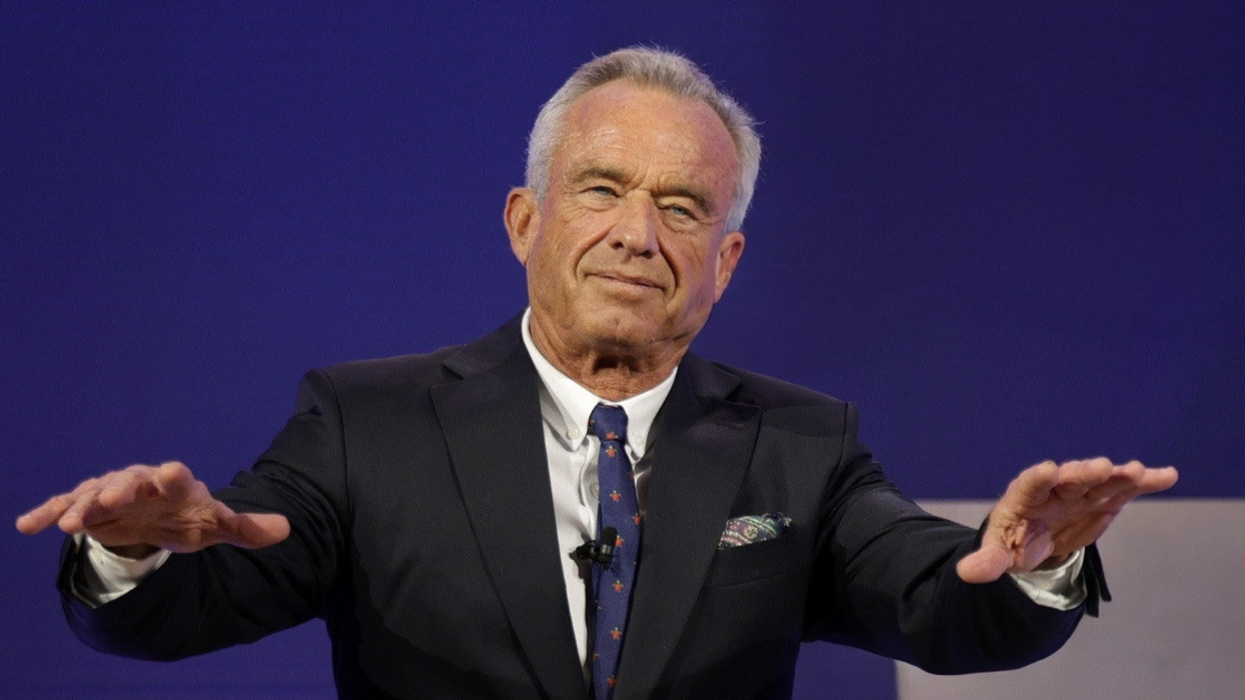
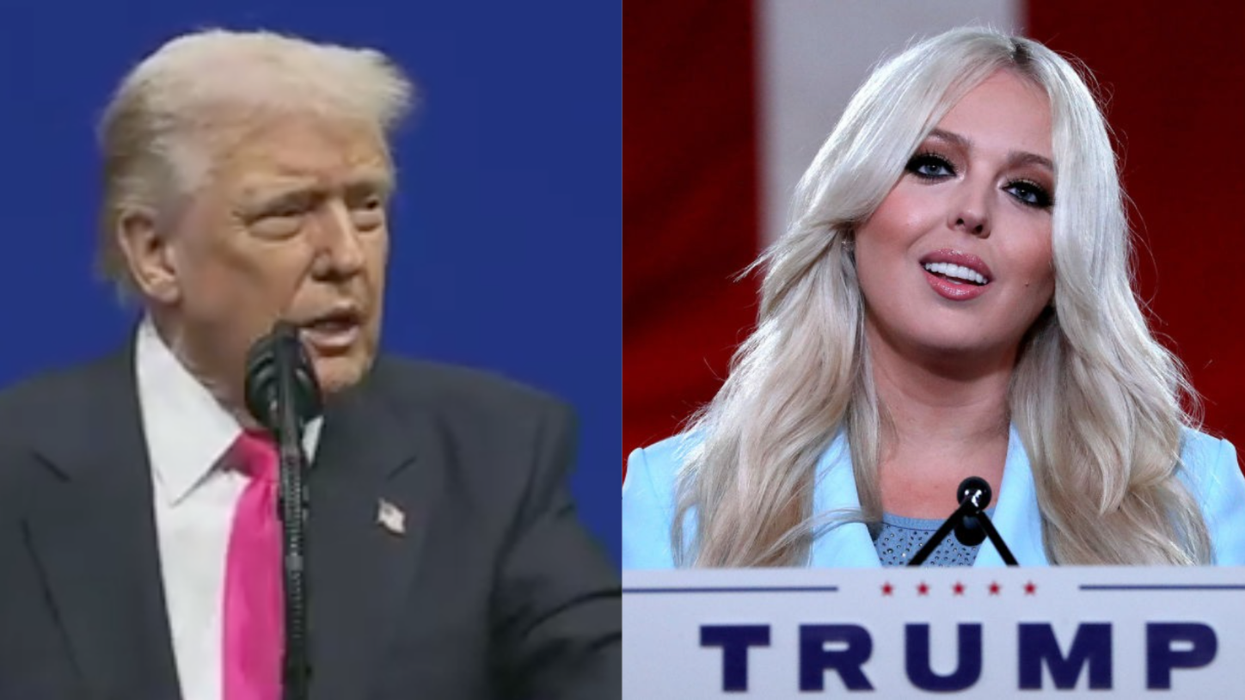
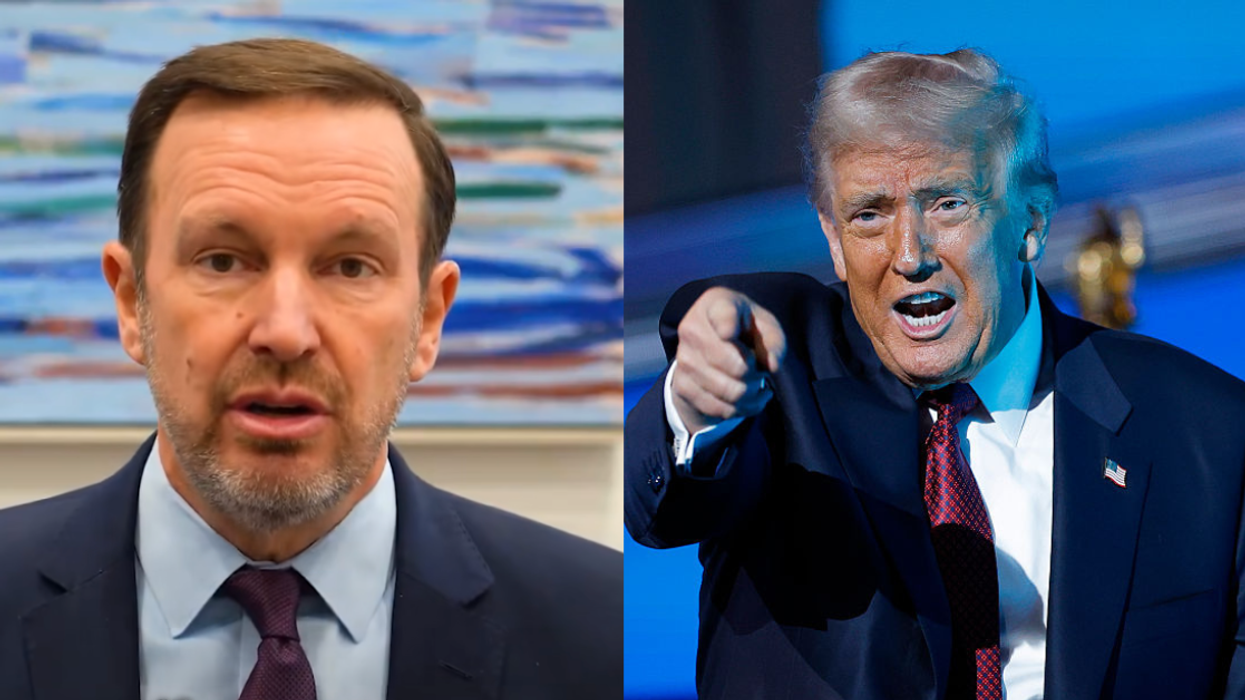
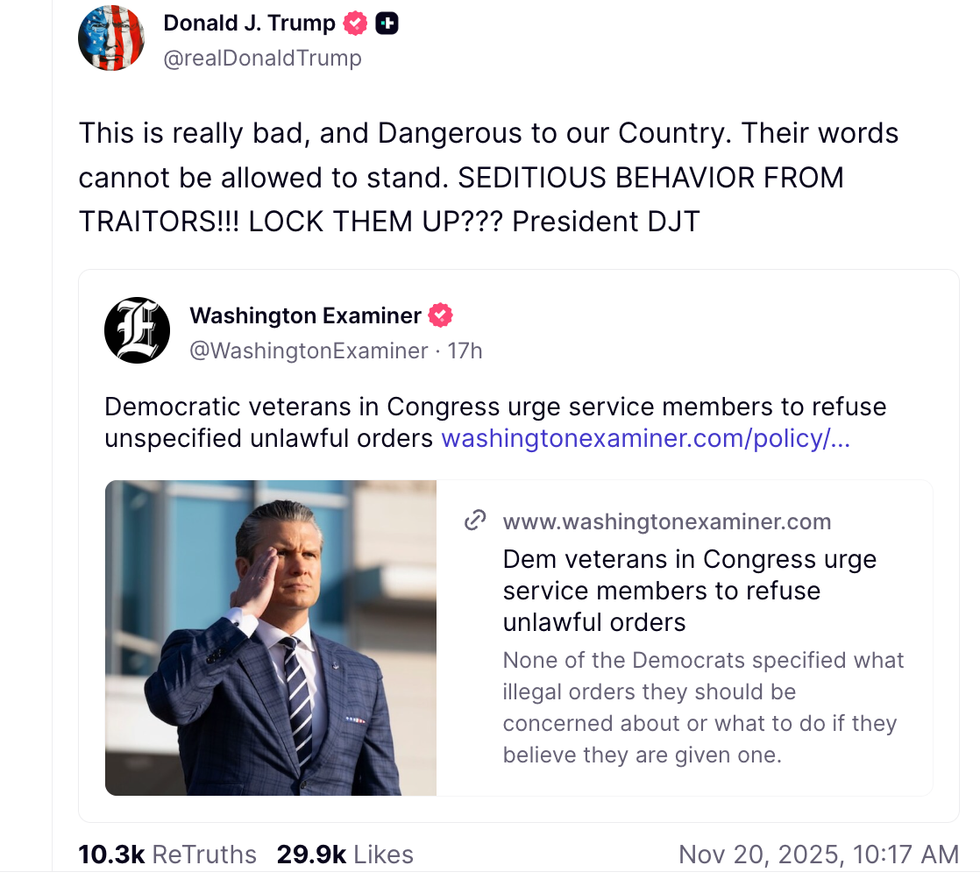 @realDonaldTrump/Truth Social
@realDonaldTrump/Truth Social @realDonaldTrump/Truth Social
@realDonaldTrump/Truth Social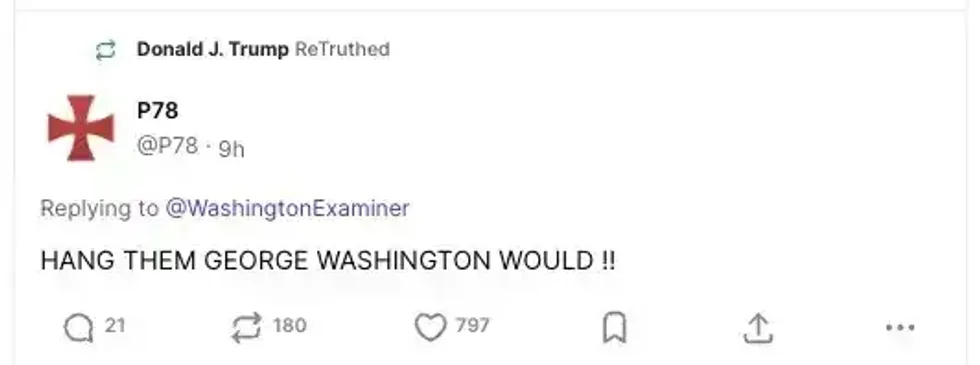 @P78/Truth Social
@P78/Truth Social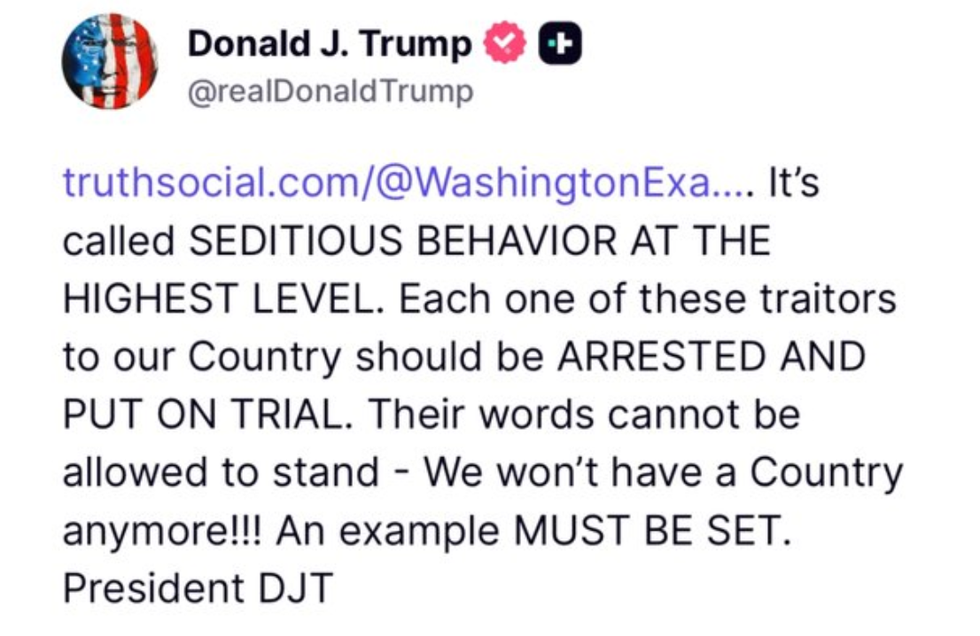
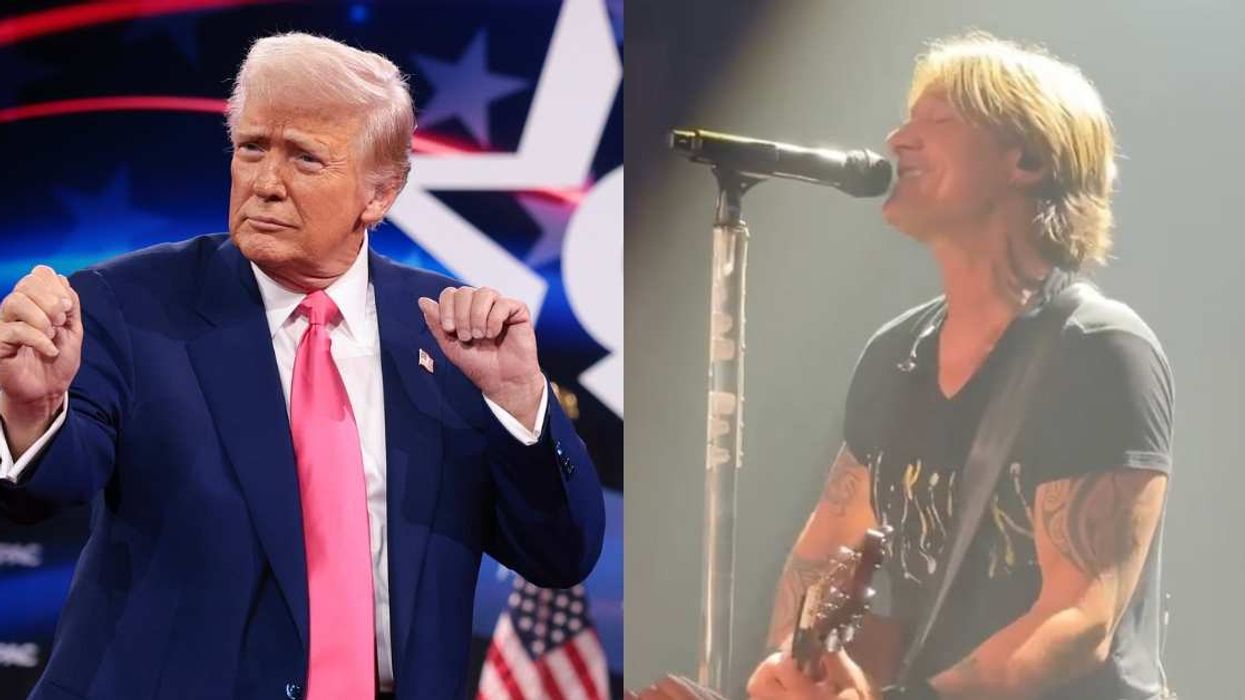
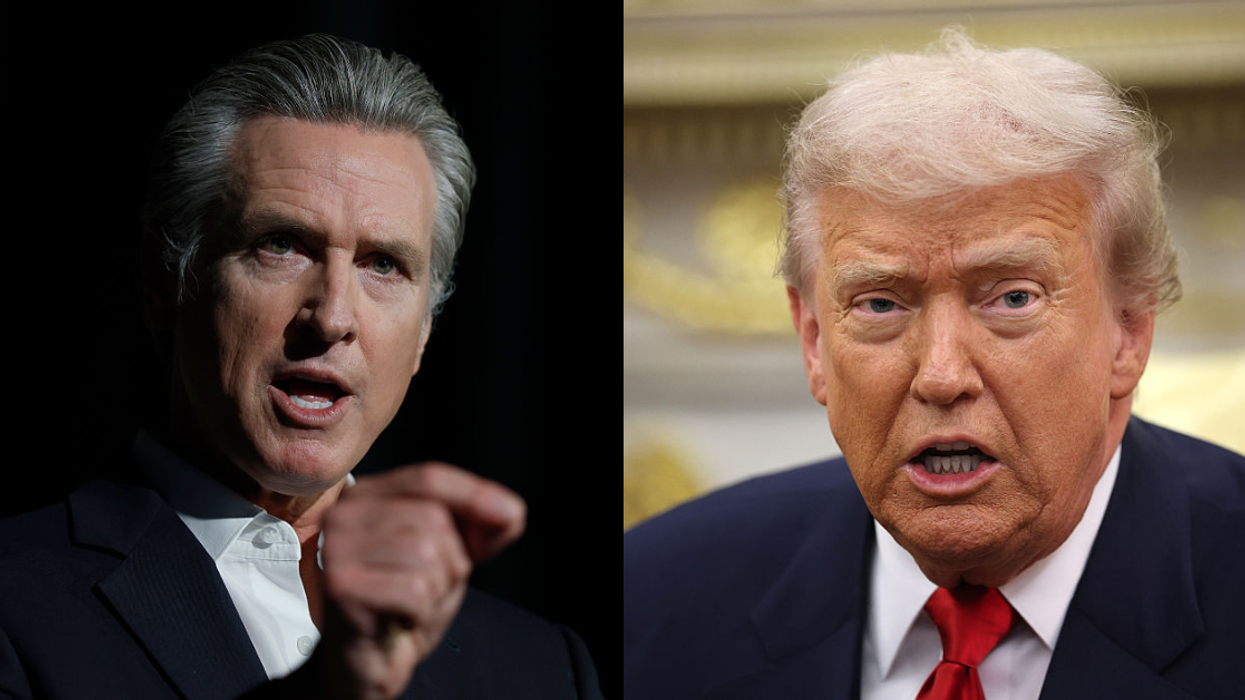

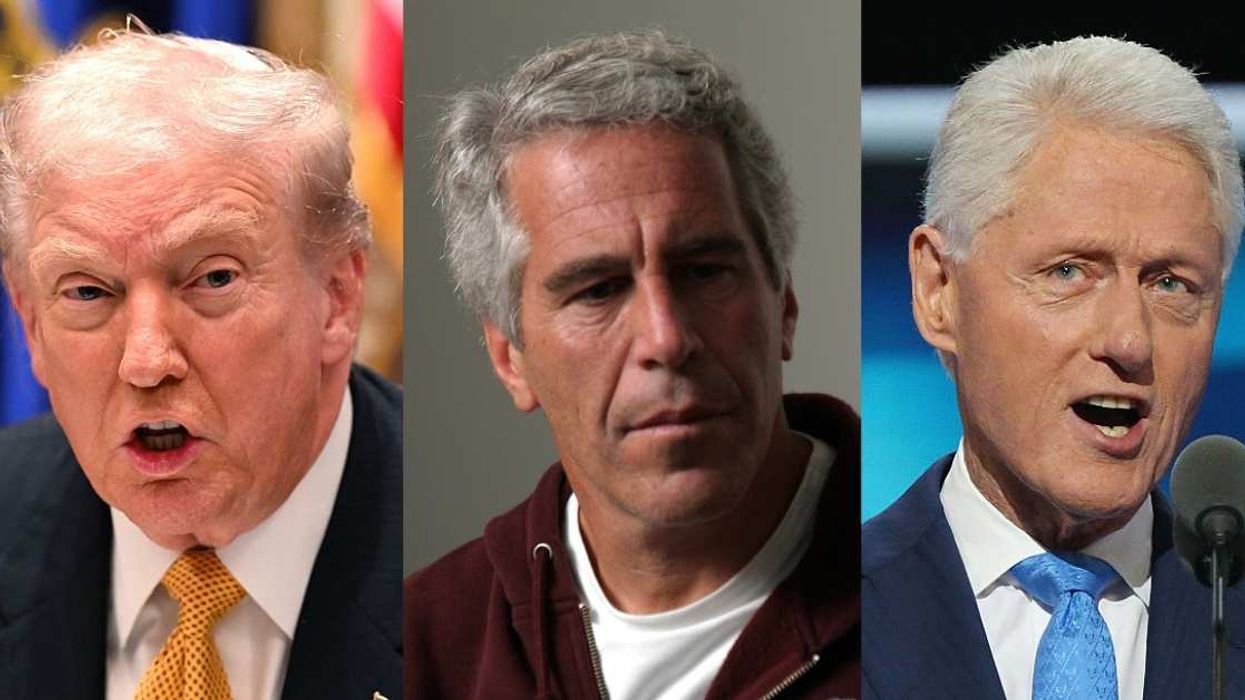
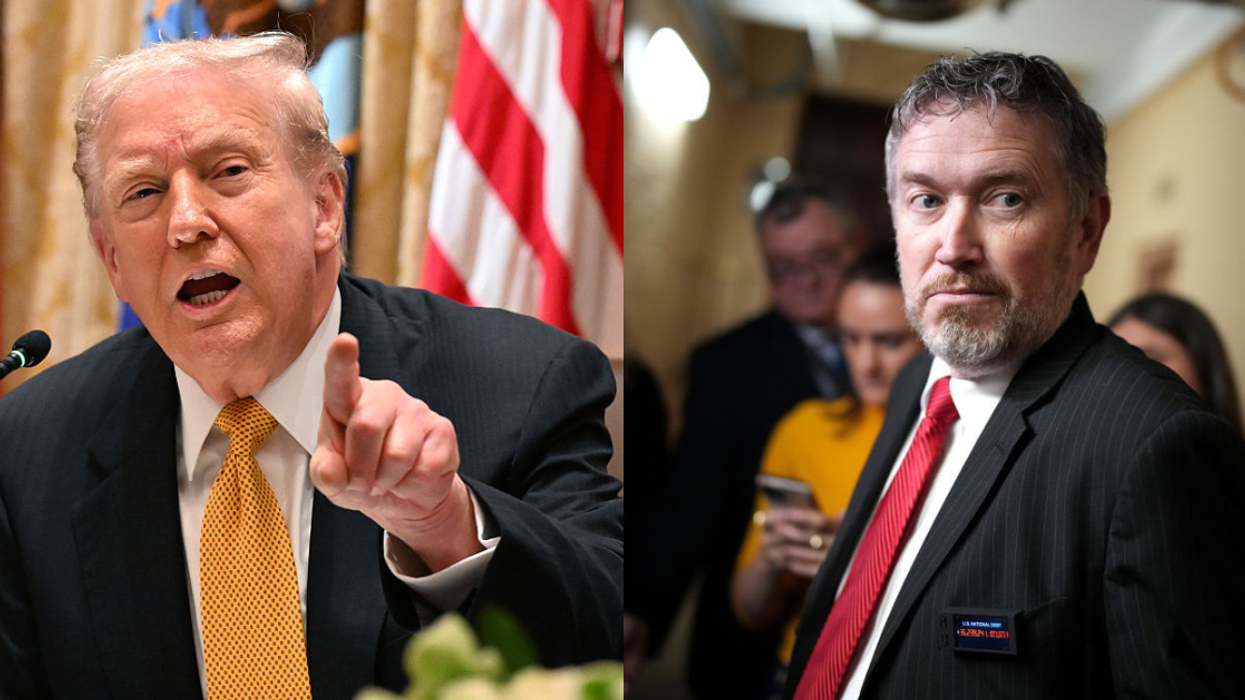
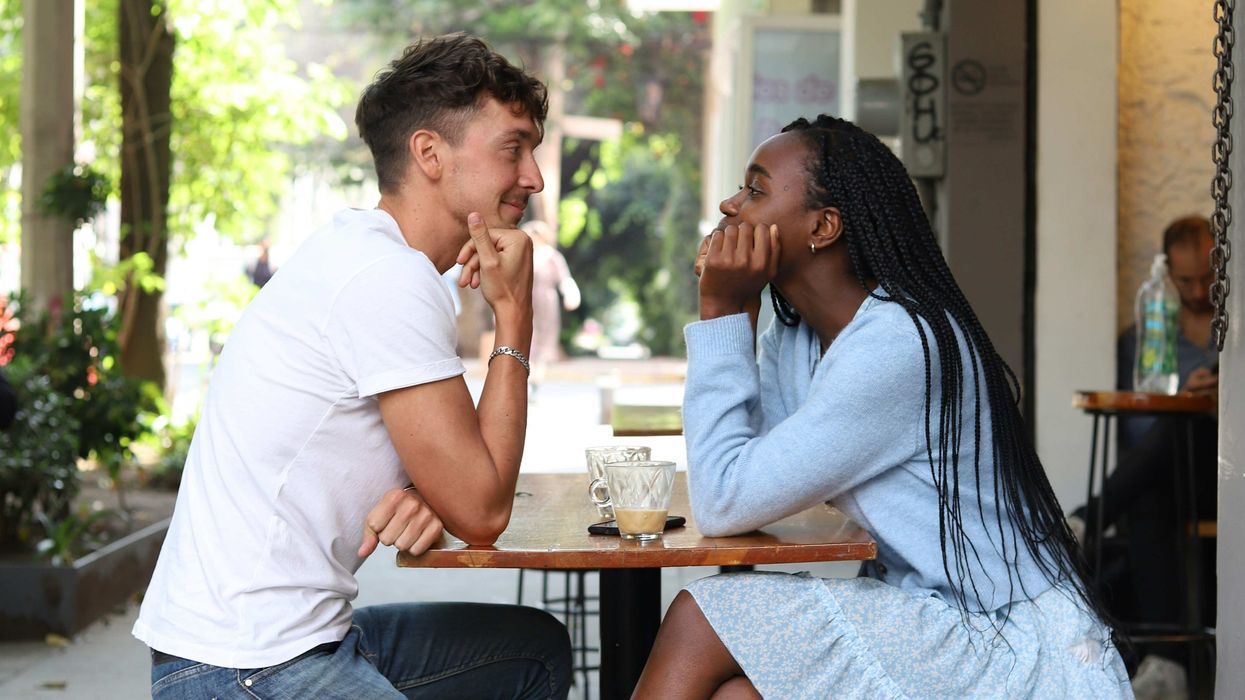
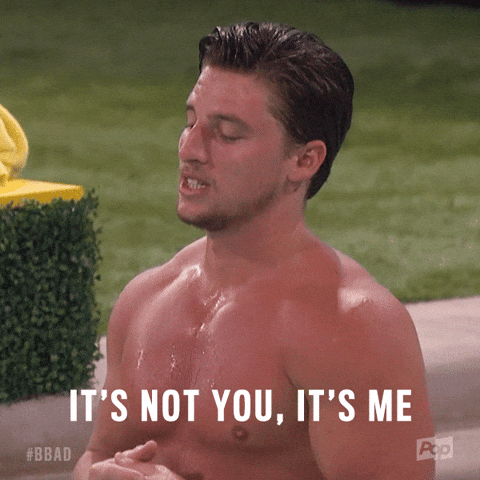 big brother pop GIF by Big Brother After Dark
big brother pop GIF by Big Brother After Dark 
 Unimpressed Get It Together GIF
Unimpressed Get It Together GIF 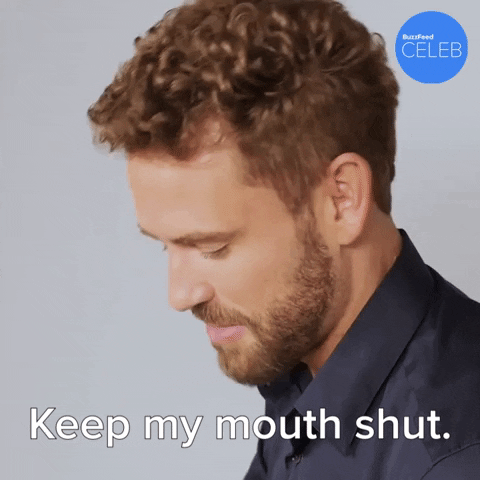 The Bachelor Shut Up GIF by BuzzFeed
The Bachelor Shut Up GIF by BuzzFeed 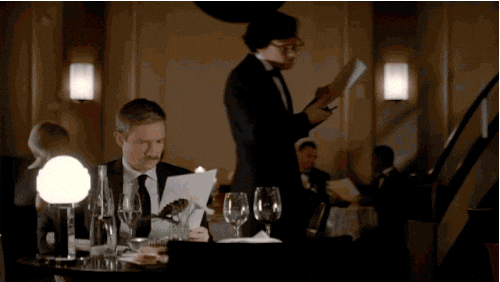 customer service waiter GIF
customer service waiter GIF 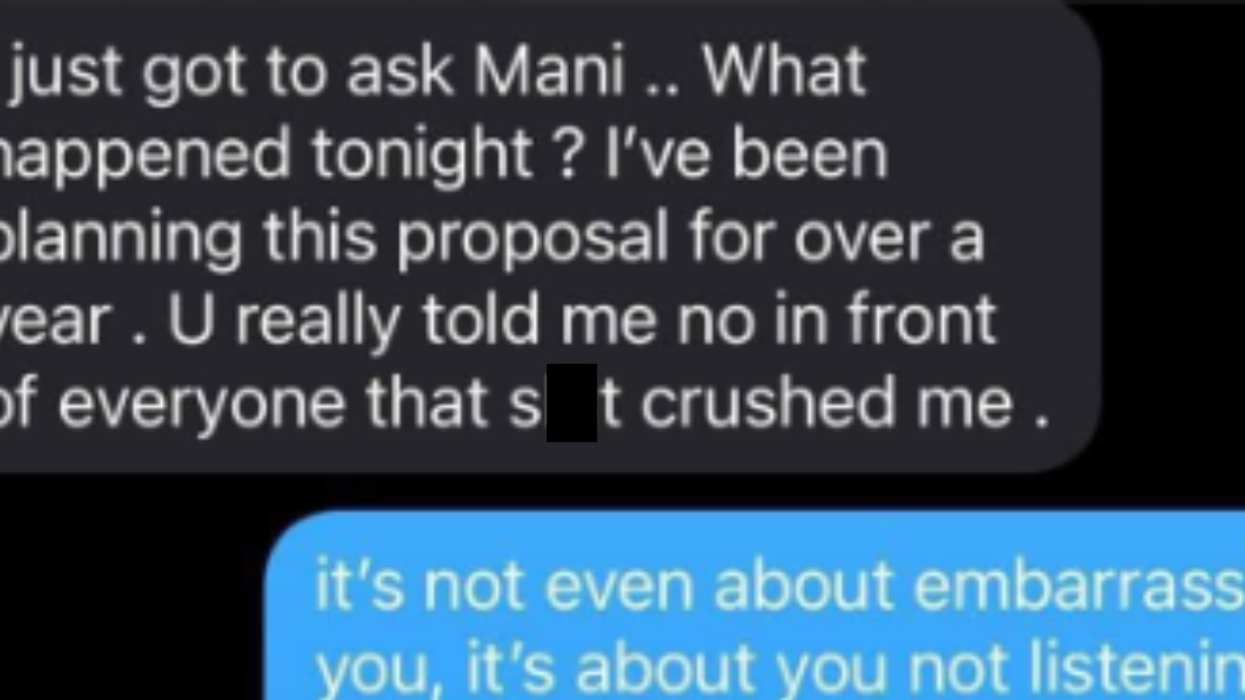
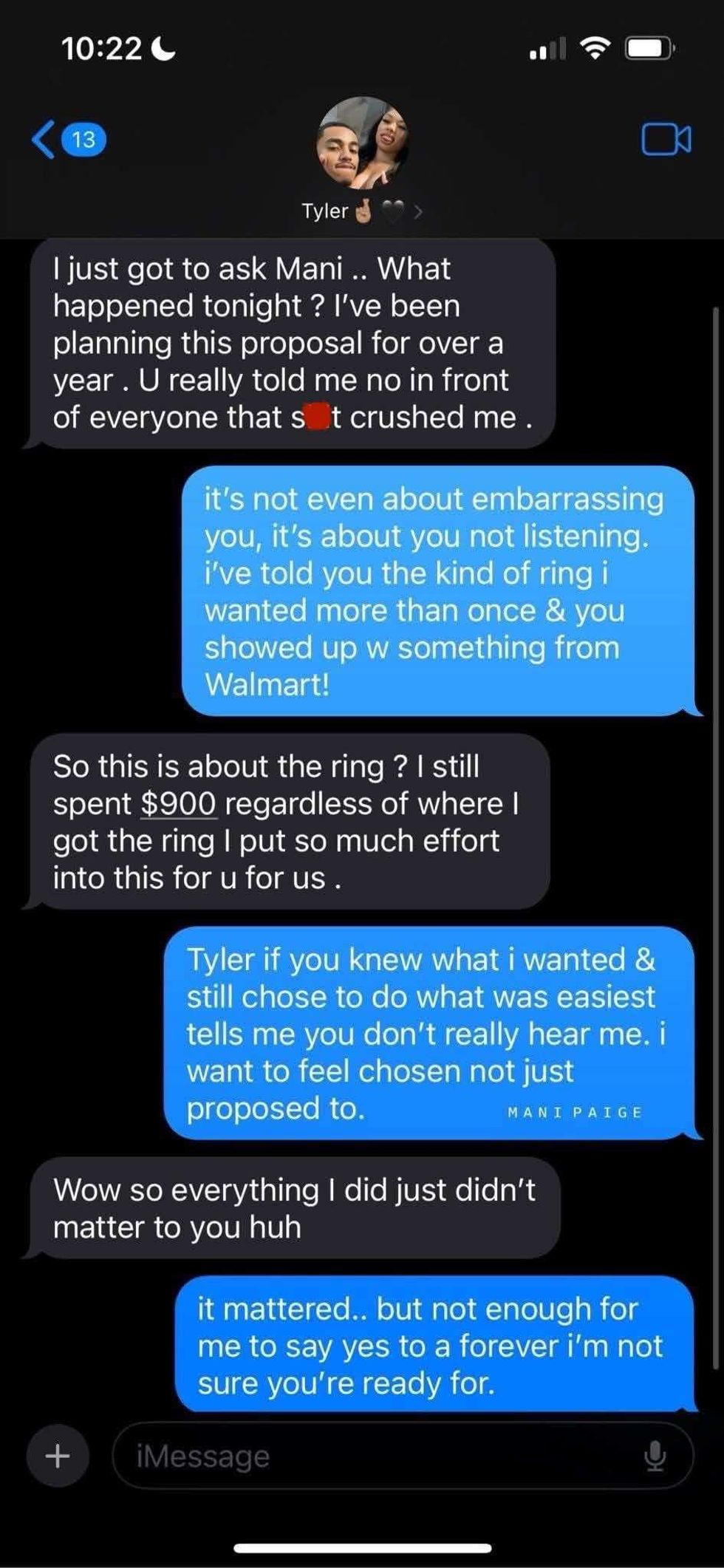 @prissyxoxo25/Threads
@prissyxoxo25/Threads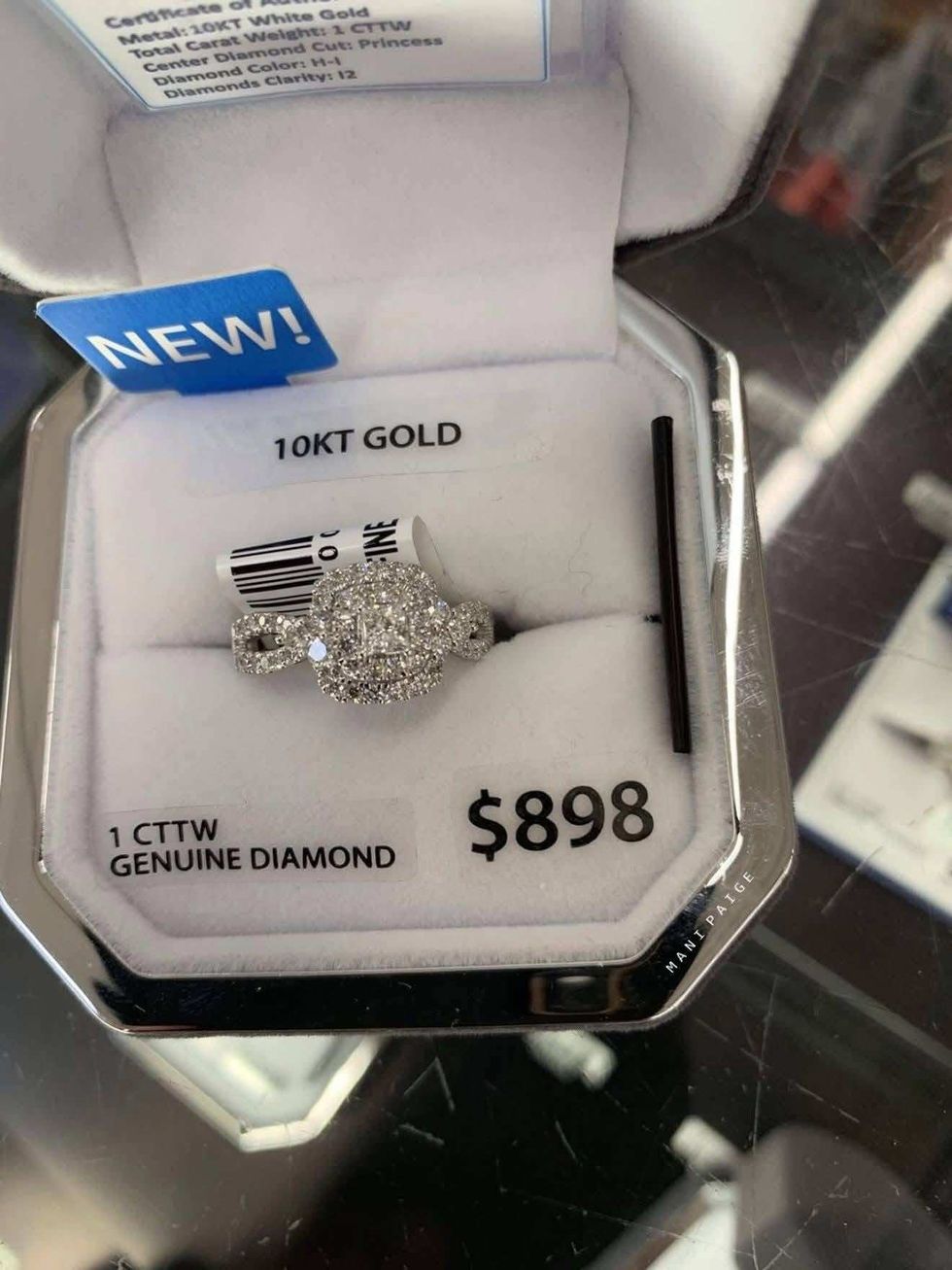 @prissyxoxo25/Threads
@prissyxoxo25/Threads @prissyxoxo25/Threads
@prissyxoxo25/Threads @prissyxoxo25/Threads
@prissyxoxo25/Threads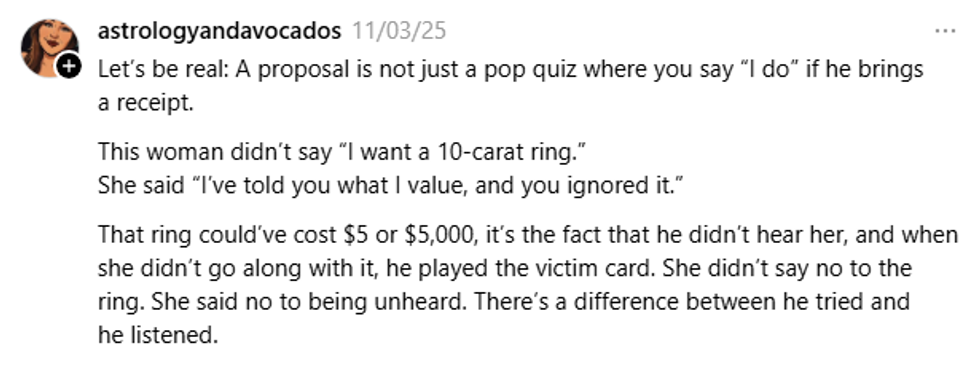 @prissyxoxo25/Threads
@prissyxoxo25/Threads @prissyxoxo25/Threads
@prissyxoxo25/Threads @prissyxoxo25/Threads
@prissyxoxo25/Threads @prissyxoxo25/Threads
@prissyxoxo25/Threads @prissyxoxo25/Threads
@prissyxoxo25/Threads @prissyxoxo25/Threads
@prissyxoxo25/Threads @prissyxoxo25/Threads
@prissyxoxo25/Threads @prissyxoxo25/Threads
@prissyxoxo25/Threads @prissyxoxo25/Threads
@prissyxoxo25/Threads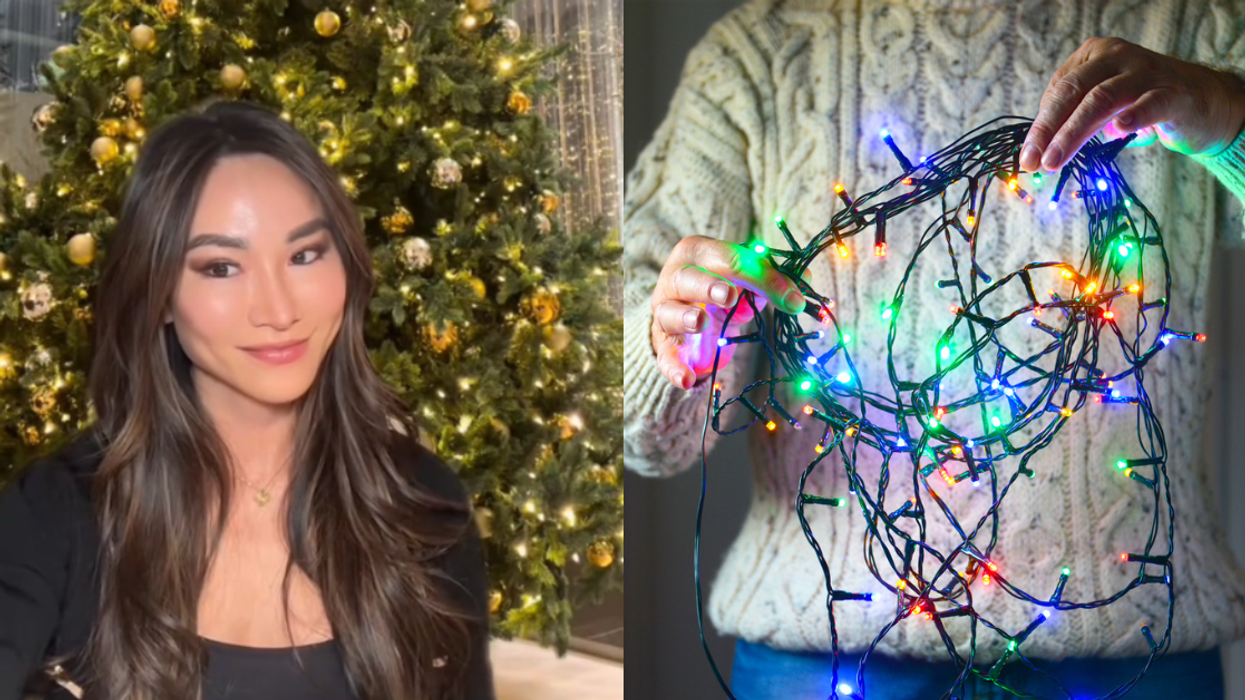
 @randomthoughts2226/TikTok
@randomthoughts2226/TikTok @randomthoughts2226/TikTok
@randomthoughts2226/TikTok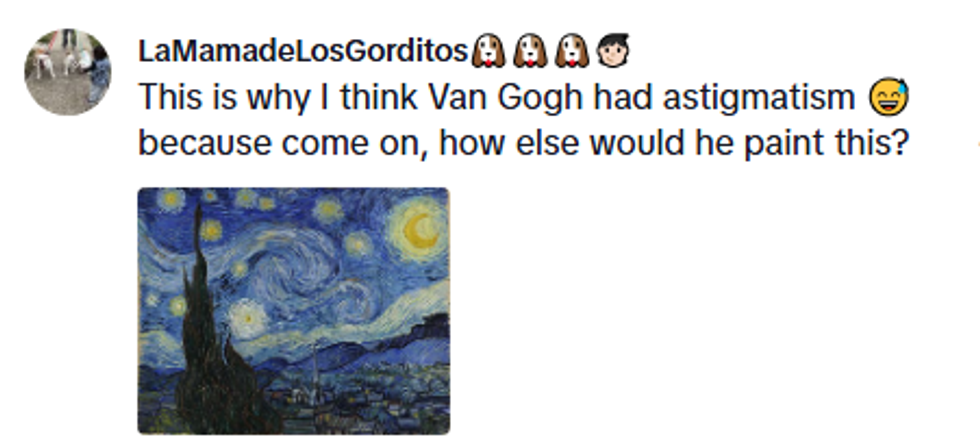 @randomthoughts2226/TikTok
@randomthoughts2226/TikTok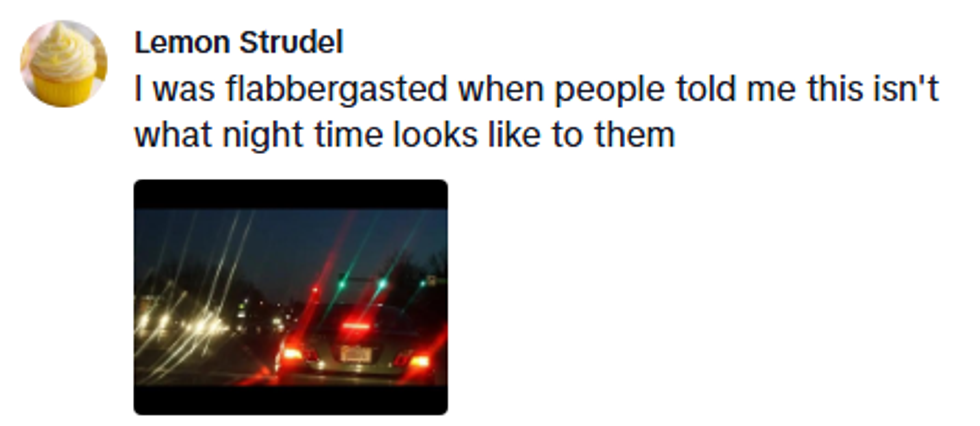 @randomthoughts2226/TikTok
@randomthoughts2226/TikTok @randomthoughts2226/TikTok
@randomthoughts2226/TikTok @randomthoughts2226/TikTok
@randomthoughts2226/TikTok @randomthoughts2226/TikTok
@randomthoughts2226/TikTok @randomthoughts2226/TikTok
@randomthoughts2226/TikTok @randomthoughts2226/TikTok
@randomthoughts2226/TikTok @randomthoughts2226/TikTok
@randomthoughts2226/TikTok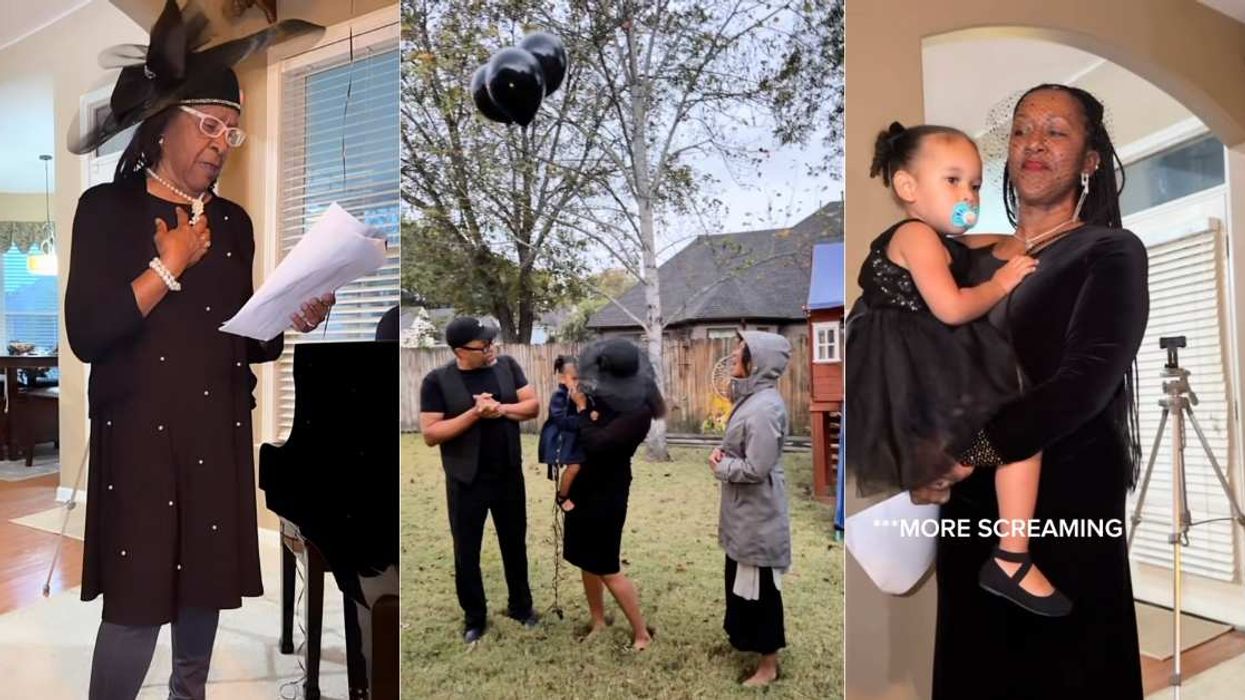
 @lookitskateeee/TikTok
@lookitskateeee/TikTok @lookitskateeee/TikTok
@lookitskateeee/TikTok @lookitskateeee/TikTok
@lookitskateeee/TikTok @lookitskateeee/TikTok
@lookitskateeee/TikTok @lookitskateeee/TikTok
@lookitskateeee/TikTok @lookitskateeee/TikTok
@lookitskateeee/TikTok @lookitskateeee/TikTok
@lookitskateeee/TikTok @lookitskateeee/TikTok
@lookitskateeee/TikTok @lookitskateeee/TikTok
@lookitskateeee/TikTok @lookitskateeee/TikTok
@lookitskateeee/TikTok